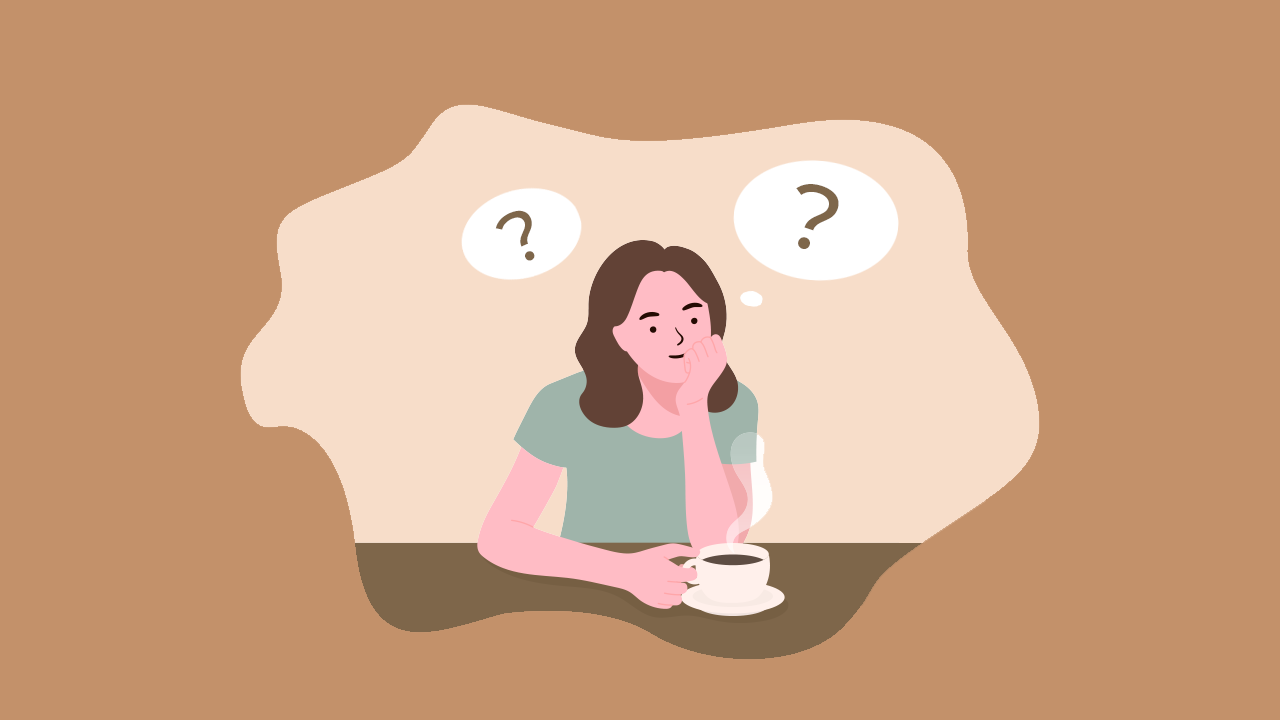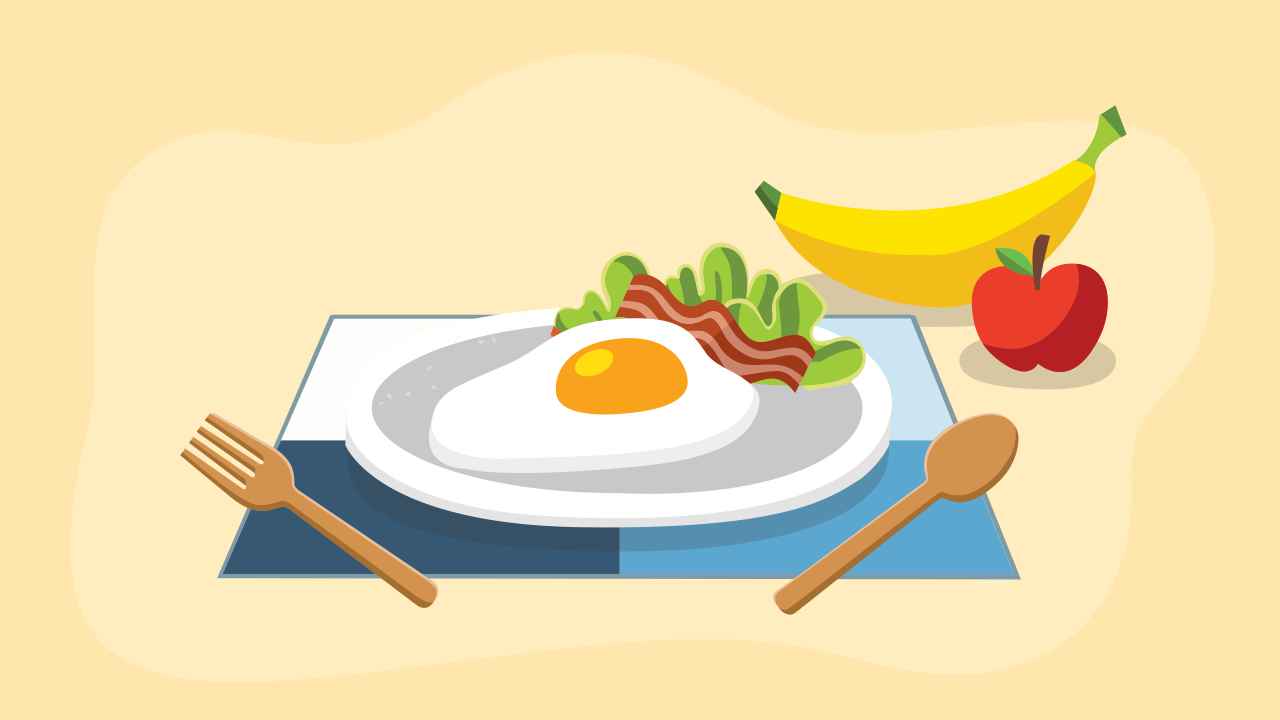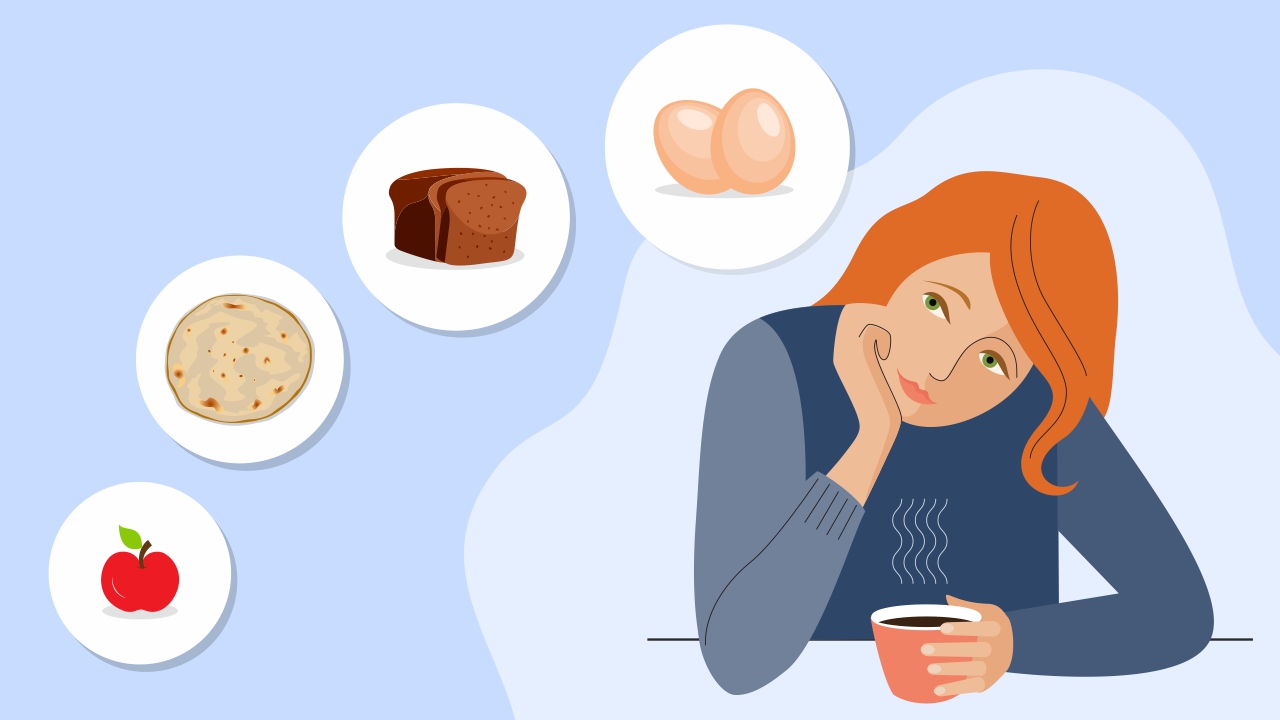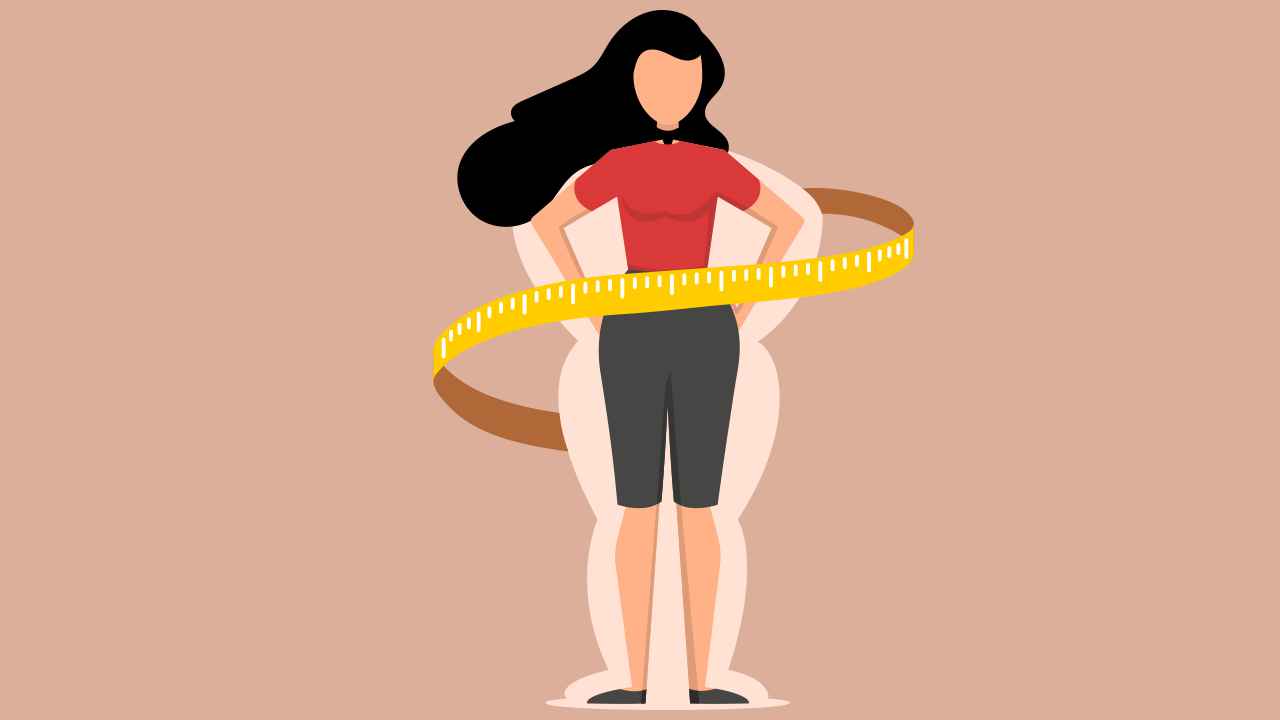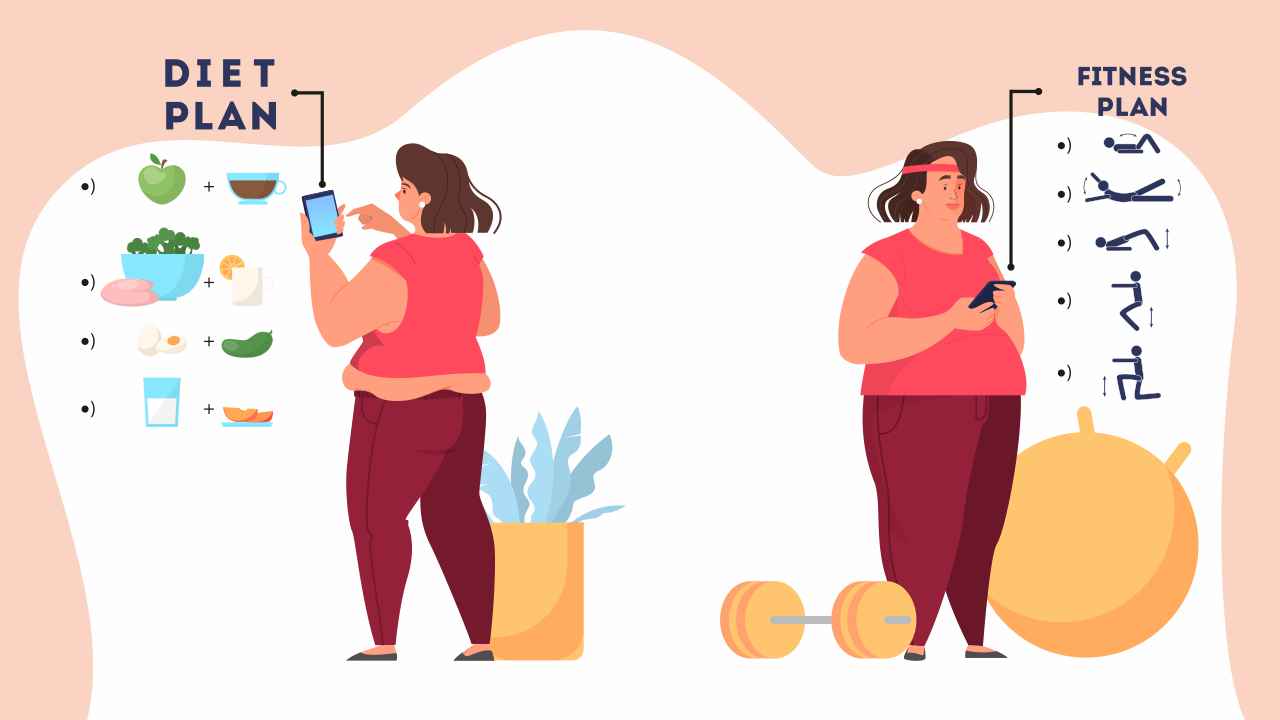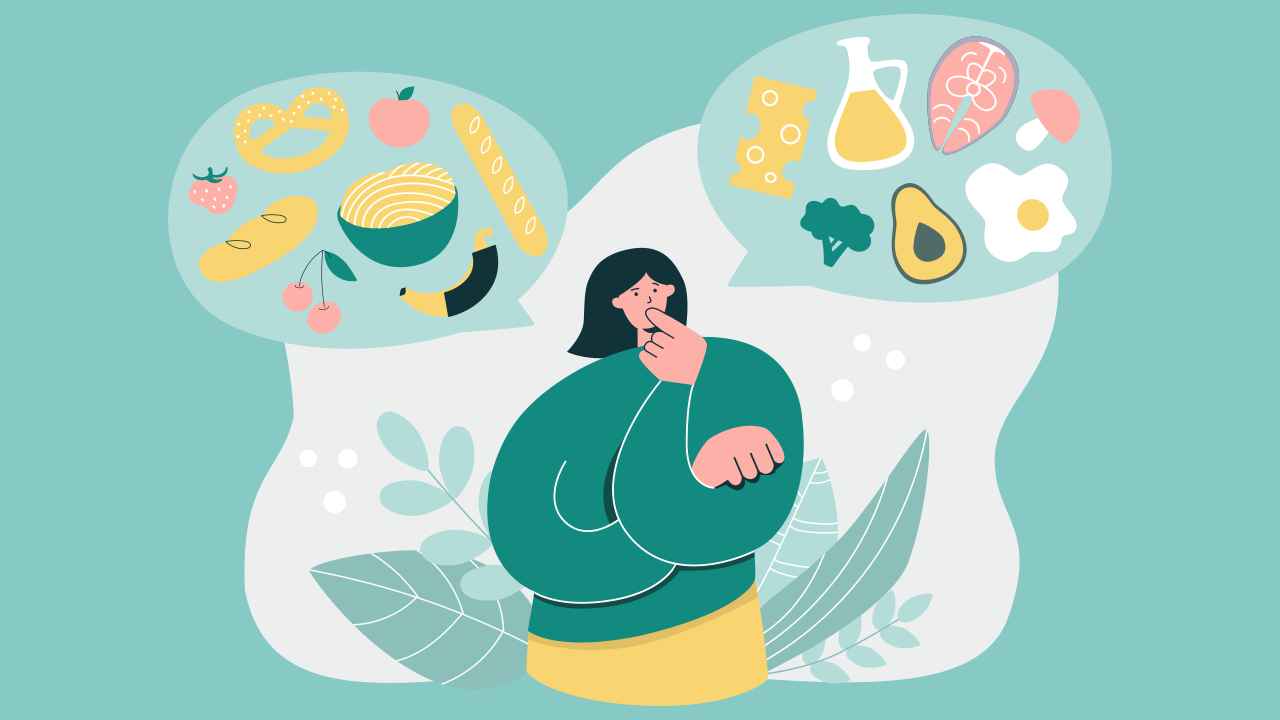
How to Tackle Food Addiction
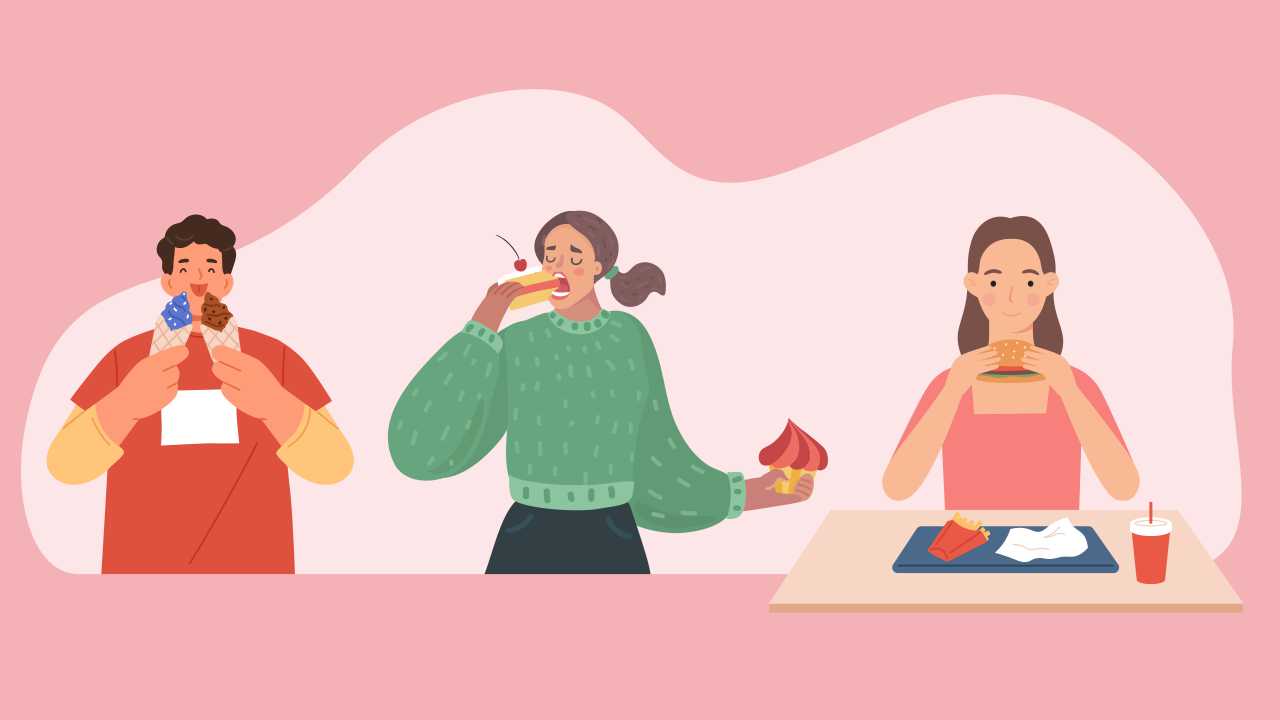
There are two main types of addiction: physiological and psychological. Physiological addiction is typically more severe, as it causes withdrawal symptoms that are harder to ignore, like nicotine, alcohol, and hard drugs.
On the other hand, psychological addiction is just your desire to do something because you enjoy it, like gambling or eating certain foods. This is not an addiction but rather a dependency. It involves feeling a certain way after doing something and needing to feel that dopamine rush time and again. For some, this comes from feeling immense relief or satisfaction after eating sugar or fried foods, and wanting to persistently replicate that emotion.
Is food addiction real?
That being said, food addiction is often an overused term. There is nothing truly addictive about any food item, including sugar. Simply put, certain foods taste really good and as humans, we are wired to like and want positive things.
Does that mean you are addicted to sugar if you crave ice-cream? Absolutely not! It just means that you once had ice-cream, enjoyed it, and now want to experience that joyous flavour again. However, where it starts to feel addictive is in the quantity.
Ascertain whether you are able to eat a controlled amount or need to binge on a whole carton of ice-cream. Understand what causes this behaviour and how to break this food addiction
Well, unlike the addictive drugs mentioned earlier, a suggested method is exposure. Rather than completely restricting all the foods you love, consume them in small doses. Knowing that you can have cookies or ice-cream whenever you want will allow you to enjoy a controlled portion and be satisfied without bingeing a whole container. However, like most things, this will not work for everyone! Those struggling with Binge Eating Disorder, which is a more psychological condition, will not be able to control their total intake even with frequent exposure. If this is the case with you, work with a professional therapist and limit exposure to these foods until guided otherwise.
Also read: Hunger, Appetite, and Cravings: How to Tell the Difference
Food as a coping mechanism
There is also the psychological aspect of food, which is often used as a coping mechanism for grief, stress, abuse, or other uncontrollable factors. It is important to identify these triggers and deal with them head-on by talking with your friends, family members, or a professional. When you feel the urge to binge on junk food, stop to ask yourself whether you are actually hungry. Introspect if you really want to consume that particular item or you are just eating it for comfort.
It is normal to turn to food during hard times. Most people have done this at some point in their lives and used food as a coping mechanism. We have all heard the term stress-eater.
Before diving into those chips, take a deep breath, step away from the food, and question yourself if you want to eat them or you are just stressed. Walk outside for five minutes and see if that reduces your stress levels; you may just need to step away from the stressor.
Many food addictive/ binging tendencies are associated with comfort. Once you deal with the issues at hand, your desire to binge on junk food will reduce. Look for other ways to occupy yourself in stressful situations, such as going for a walk, watching TV, reading a book, or video-calling a friend
Even after following the ideas, if you find yourself constantly binging on addictive foods without control, this could be a sign of Binge Eating Disorder. In this case, it is advisable to take the help of a dietitian and/or therapist who can help you through the steps to deal with your triggers.
Food is meant to be enjoyed, not stressed about. However, in today’s society, food has become a complex and taboo topic. If you find yourself continuously turning to food for comfort or stressing over what you are eating, speak with a registered dietitian and/or therapist. Together, you can find the root cause behind your food dependency and heal your relationship with food.
References
1. Fletcher PC, Kenny PJ. Food addiction: a valid concept?. Neuropsychopharmacol 2018; 43: 2506-13.
2. Penzenstadler L, Soares C, Karila L, et al. Systematic review of food addiction as measured with the Yale Food Addiction Scale: implications for the food addiction construct. Curr Neuropharmacol 2019; 17: 526-38.
3. Nunes-Neto PR, Köhler CA, Schuch FB, et al. Food addiction: Prevalence, psychopathological correlates and associations with quality of life in a large sample. J Psychiatr Res 2018; 96: 145-52.

